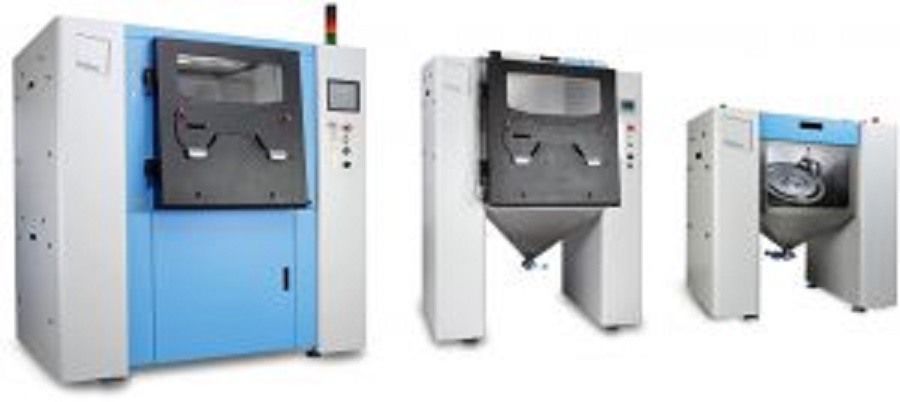
The mechanical and materials group at the European Organization for Nuclear Research (CERN) has made use of automated depowdering units for cleaning laser melted metal parts made from reactive titanium alloys.
The units are made by Solukon Maschinenbau GmbH, which makes post-processing equipment for additive manufacturing (AM) technologies.
‘Powder removal is a critical phase of additive manufacturing for application ultra-high-vacuum,’ said Romain Gérard, AM engineer at CERN’s additive manufacturing workshop. ‘We observed that powder residues, that are subsequently sintered during heat treatment, act like sponges by trapping gases and releasing them at a very low rate. The SFM-AT300 automated depowdering unit from Solukon ensures a high depowdering quality with a safe environment for titanium and niobium powder.’
‘The combination of the reactivity of the used titanium powder and the complex internal structures of the parts make it perfectly suitable for our systems,’ said Andreas Hartmann, CEO and technical director at Solukon.
This story is reprinted from material from Solukon, with editorial changes made by Materials Today. The views expressed in this article do not necessarily represent those of Elsevier.





